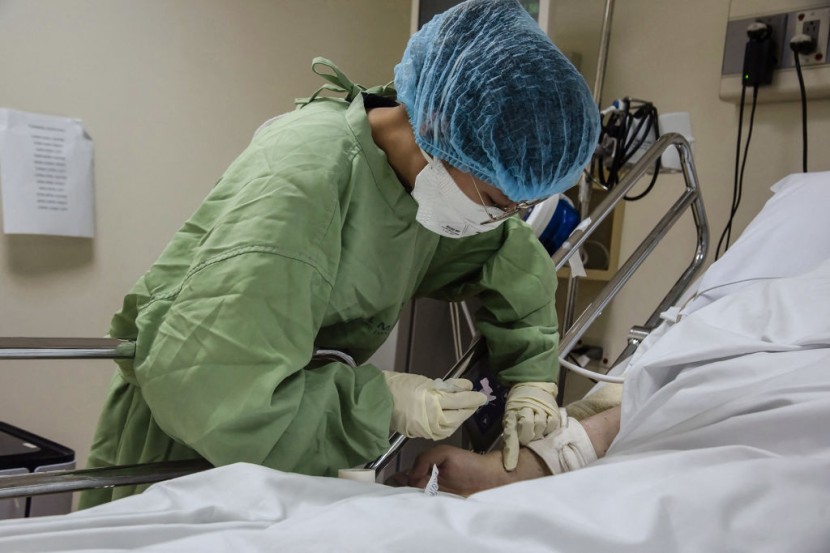
A recent study found that nearly half of COVID-19 patients have not yet fully recovered after six to 18 months from initial infection of the disease.
The results come from the experiences of nearly 100,000 participants that provide powerful evidence about the mysterious condition. The researchers found that six to 18 months after being infected with the virus, 1 in 20 people have not recovered and 42% reported only partial recovery.
The Effects of Long COVID
However, there were some reassuring aspects to the study's results, such that people with asymptomatic infections are unlikely to suffer long-term effects, and vaccination appears to offer some protection from long COVID-19.
The director of rehabilitation innovation for the Mount Sinai System in New York, David Putrino, said that the study is another well-conducted, population-level study that showed the world should be extremely concerned about the current numbers of acute infections.
A professor of public health at the University of Glasgow, Jill Pell, who led the research, emphasized that the study revealed the wide-ranging impact of long COVID-19 on people's lives. She added that there are a lot of factors going beyond health to quality of life, employment, schooling, and the ability to look after yourself, as per the Washington Post.
The paper was published on Wednesday in Nature Communications and represents the first findings of an ongoing study into long COVID-19. The array of reported symptoms and the inability to provide a prognosis for patients have baffled researchers.
There are between 7 million and 23 million Americans, including 1 million who are no longer able to work, suffering from the long-term effects of the infection with the COVID-19 virus. But that number, which is based on government estimates, is expected to rise as COVID-19 becomes an endemic disease.
According to the New York Times, the chief of research at the V.A. St. Louis Health Care System and a clinical epidemiologist at Washington University in St. Louis, Dr. Ziyad Al-Aly, said that the benefits of the study are that there was a control group and the researchers were able to isolate the proportion of symptomatology that is attributable to COVID-19 infection.
Recovery From the Illness
The medical expert added that the study also monitored patients with the broader idea that long COVID-19 is truly a multisystem disorder. This means that it not only resides in the brain or in the heart but all of the above.
Pell noted that COVID-19 can appear differently in different individuals and it can have more than just one impact on a person's life. She argued that any approach to supporting people has to be, at the minimum, personalized and also holistic.
Furthermore, the study found that the elderly, women, and people from deprived communities were more likely to be affected by the condition. The researchers noted that symptoms of long COVID-19 include chest pain, confusion, and breathlessness.
Previously, WHO Chief Dr. Tedros Adhanom Ghebreyesus urged countries to make efforts to tackle the "very serious" condition that has affected economies and health systems around the world, Breaking News reported.
Related Article: US Children's Hospitals In Full Capacity Due to Spike in Respiratory Diseases Including COVID-19
© 2025 HNGN, All rights reserved. Do not reproduce without permission.








